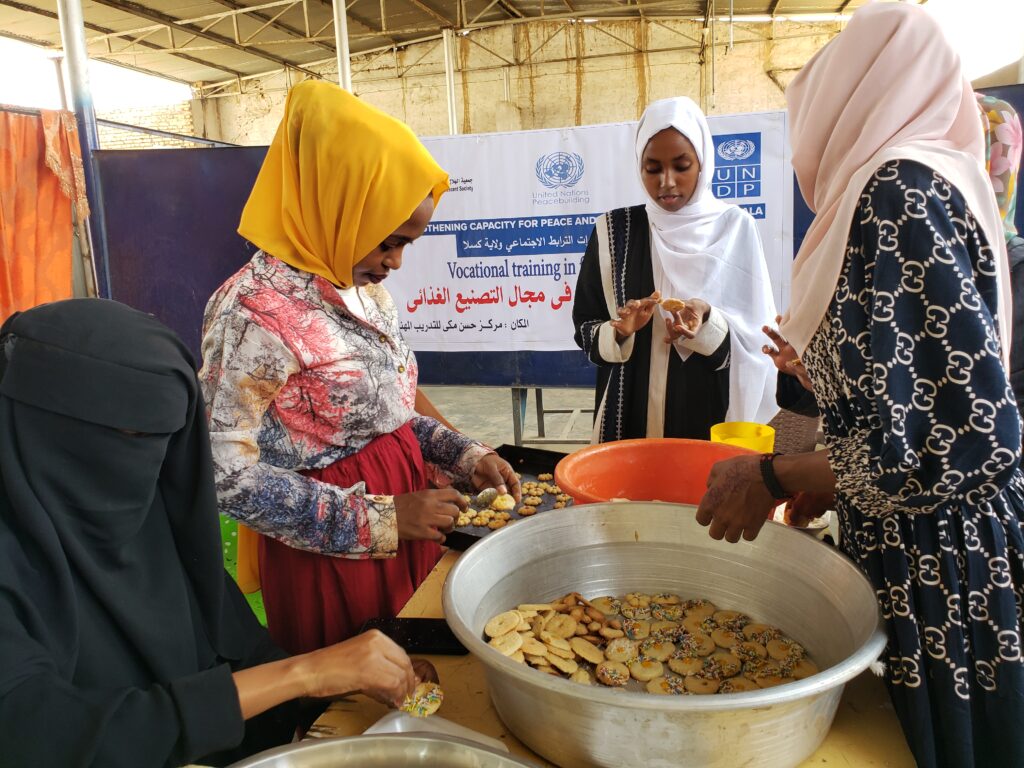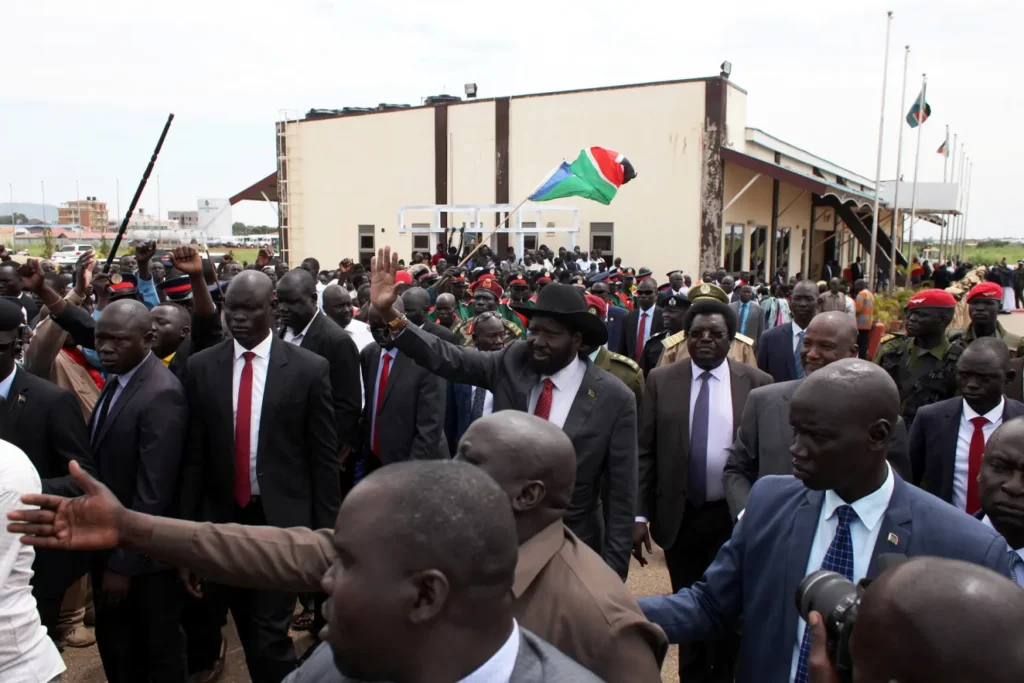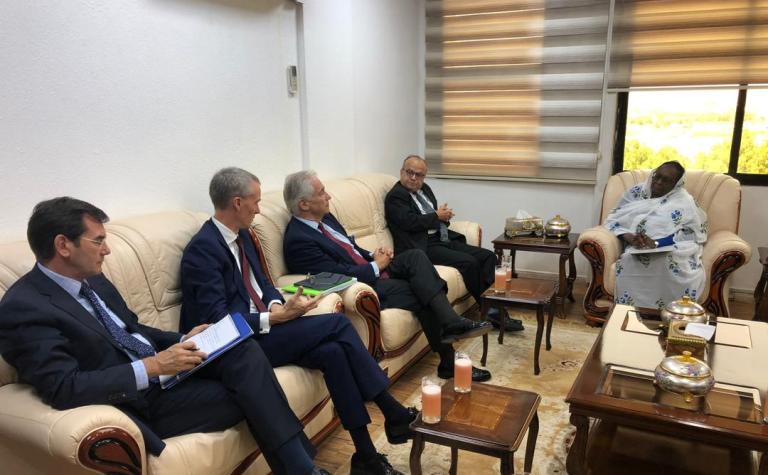
A marketplace in conflict-ridden Sudan, named after RSF commander Mohamed Hamdan Dagalo, provides goods at a fraction of their regular cost, with a single stipulation by the merchants: don’t ask where the products come from.
Located in El Massied, roughly 60 kilometers (35 miles) south of the capital Khartoum, the “Dagalo” market offers a wide range of products, encompassing food, medication, household devices, construction supplies, and automotive components.
So-called Dagalo markets are not directly affiliated with the Rapid Support Forces in any way, and have popped up in army controlled areas also.
One vendor mentioned that a television is sold for “50,000 pounds ($80),” a significant reduction from the high street price of 230,000 pounds.
A vendor offering refrigerators highlighted their affordability, stating they were priced at “150,000 pounds each instead of 450,000 in stores.”
However, this still stands at nearly twice the average monthly salary in the economically challenged nation.
Previously among Sudan’s most bustling highways, it now remains hauntingly silent, punctuated by checkpoints staffed by armed security personnel.
When questioned about the origin of the goods, a saleswoman at “Dagalo” responded curtly, “Are you here to shop or to chat?”
Eyewitnesses in the capital and its twin cities Omdurman and Bahri say the looting is being committed by all sides, but criminal gangs control the distribution.
The pillaged items are transported to Dagalo markets through smugglers, where they are sold by black market traders. These markets are prevalent, especially in the western cities of Sudan.
Smugglers, black market vendors, eyewitnesses, and individuals affected by looting, have told the press that the Dagalo markets have expanded across the Khartoum metropolitan region, as well as in Kordofan, Darfur, and other conflict-ridden areas of Sudan.
Conflict Rages
Since its start, the conflict has resulted in approximately 5,000 casualties, as per a conservative calculation by the Armed Conflict Location & Event Data Project.
Furthermore, it has forced around three million individuals to flee the capital.
Amid the turmoil of the conflict, certain civilians have also seized a portion of the gains, a reality in a nation where over half of the population is currently in urgent need of assistance.
According to experts, this phenomenon has played a role in Sudan’s “de-industrialization,” further jeopardizing the already limited prospects for economic recovery.
While army channels allege that RSF is behind the looting, El Massied’s “Dagalo” market is in army-controlled territory, with the nearest RSF checkpoint around a dozen kilometres away.
Several Khartoum residents who have chosen to stay in the capital have established their own version of the open-air “Dagalo” market, local media reported.
In this market as well, a wide array of items can be found at affordable prices — an enticing prospect for those who had to rebuild their lives due to the conflict, often with limited funds since most banks shuttered shortly after the onset of the fighting.



